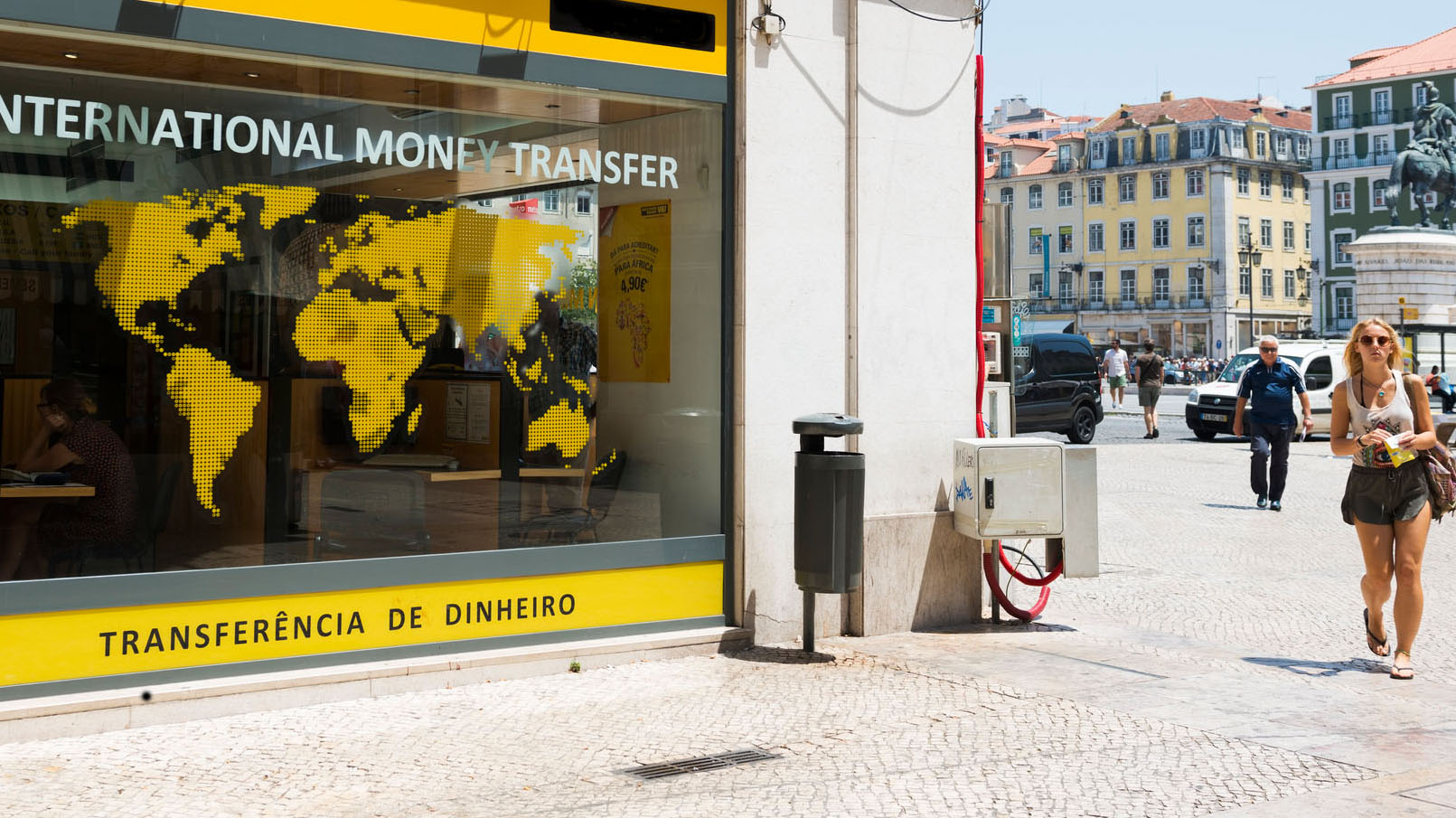How Often Intra-European Migrants Send Money Back Home

Switzerland is one of the countries from which migrants send the most money to their home countries. These money transfers, or remittances, can support family members or friends, or they are used for people’s own purposes, such as buying property. It is often assumed that remittances play an important role when it comes to maintaining people’s living standards and supporting the economic development of poorer countries. These payments are thus often associated with immigrants from the Global South, but less so with European immigrants.
Money transferred at least once a year
Intra-European migration is a subject about which there has been little research to date. A team of researchers from the Institute of Sociology at the University of Zurich and the University of Lucerne has now investigated remittances sent from Switzerland to other European countries in a project dubbed TRANSSWISS. In a study funded by the Swiss National Science Foundation, the researchers conducted a written survey of around 3,000 people from Bosnia and Herzegovina, Germany, the UK, Italy, Portugal and Serbia to find out about their money transferring habits. The countries were chosen based on achieving a sufficiently heterogeneous mix in terms of distance to Switzerland, level of economic development in the societies, and migrants’ qualifications.
The study found that intra-European migrants also regularly send money to their countries of origin. “On average, 21 percent of the people surveyed do so at least once year,” says Jörg Rössel, first author of the study. In particular, immigrants from the UK (29 percent), Bosnia and Herzegovina (30 percent), Serbia (40 percent) and Portugal (46 percent) transfer money to their home countries at least once per year. This number drops to below average for people from Germany (15 percent) and Italy (13 percent) – which likely has to do with the fact that many of the people surveyed in these groups were second-generation immigrants. “In general, second-generation migrants are less likely to make remittances. This has to do with the lower number and strength of their social ties to their parents’ home country,” explains the professor of sociology.
Money sent to support family or transferred to their own bank accounts
The average amounts per year also varied greatly depending on people’s nationality. People from the UK transfer an average of around CHF 4,000, followed by Portugal with CHF 2,200 and Germany with CHF 1,100. These amounts are significantly lower for people sending money to Italy (CHF 650), Serbia (CHF 460) or Bosnia and Herzegovina (CHF 324).
It’s noteworthy that most of the remittances made by immigrants from Bosnia and Herzegovina, Italy and Serbia are used to support family members or friends, whereas Portuguese immigrants mainly transfer money to their own bank accounts. German and UK respondents showed mixed patterns.
Home country ties and integration
The results clearly show that the payment of remittances is dependent on successful integration into the labor market and thus on the migrants’ high wages. However, such purely economic variables cannot explain the differences between countries. For example, why do people from Portugal make frequent payments, while Germans don’t?
“These money payments depend equally on people’s ties to their home country and their moral standards. People who have family or own property in their countries of origin and who have a strong moral obligation to support their family are more likely to transfer money,” says Rössel. “However, this has little to with their integration into Switzerland.” Identification with Switzerland, with the home country, perceived discrimination and knowledge of the Swiss national languages play little to no role. According to the study, remittances to immigrants’ countries of origins are thus not evidence of lack of integration in Switzerland.
Literature:
Jörg Rössel, Patrick Schenk, Ilona Pap: Patterns of Remittances of Intra-European Migrants: Social Relations and Moral Obligations. Journal of Ethnic and Migration Studies. 9. November 2023. DOI: DOI: 10.1080/1369183X.2023.2278413